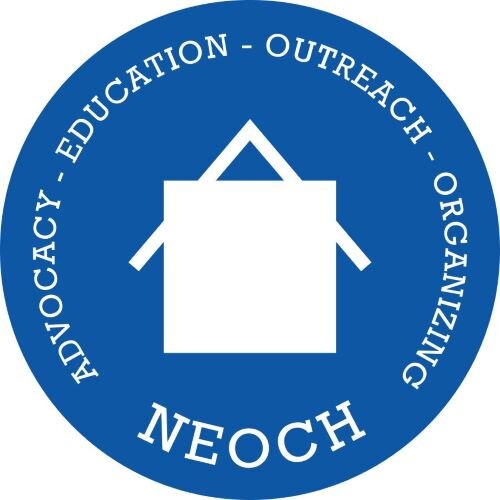Cities Still Attempting to Outlaw Homelessness
WASHINGTON, DC- In Milwaukee, a church has been declared a public nuisance for feeding homeless people and allowing them to sleep there. In Gainesville, police threatened University of Florida students with arrest if they did not stop serving meals to homeless people in a public park. In Santa Barbara, it is illegal to lean against the front of a building or store, and no one can park a motor home on the street in one place for more than two hours.
These ordinances and activities demonstrate the increasingly hostile attitude in the United States toward people who are homeless, according to a report by the National Coalition for the Homeless that was released in August. This report examines occurrences since January 2002 and documents civil rights violations perpetrated against people experiencing homelessness.
With the highest unemployment rates in almost a decade, more people are becoming homeless, and as the economy continues to tighten, it is causing financial crises for shelters and service-providing agencies. Though nearly all cities still lack sufficient shelter beds and social services, many continue to pass laws prohibiting people experiencing homelessness from sleeping outside.
Almost 70% of the cities surveyed in the first report have passed at least one or more new laws specifically targeting homeless people since January 2002, making it increasingly difficult to survive on the streets. Cities are attempting to make it illegal to perform life-sustaining activities in public, while at the same time refusing to allocate sufficient funds to address the causes of homelessness.
This 2003 report finds Las Vegas, San Francisco, New York City, Los Angeles, and Atlanta to be the top five “meanest” cities in the United States for poor and homeless people to live in; California is the “meanest” state, followed by Florida as the second “meanest.”
The National Homeless Civil Rights Organizing Project (NHCROP) — a project of the National Coalition for the Homeless comprised of local advocates in communities across the country — has compiled quantitative and qualitative data samplings from 147 communities in 42 states, Puerto Rico, and the District of Columbia. These cities represent rural, urban, and suburban areas in all geographic and demographic varieties across the United States.
“Instead of the compassionate responses that communities have used to save lives in the past two decades, the common response to homelessness is to criminalize the victims through laws and ordinances that make illegal life-sustaining activities that people experiencing homelessness are forced to do in public,” said Donald Whitehead, Executive Director of the National Coalition for the Homeless, who is himself formerly homeless.
As it becomes increasingly difficult to afford housing, this country is turning to jails instead of creating affordable housing by enacting the Bringing America Home Act and service providers to deal with people experiencing homelessness. These individuals and families are arrested for committing such illegal acts as sitting or standing on sidewalks and napping in parks. Whitehead stated, “At the national level, we see a relationship between municipalities efforts to make homelessness a crime and the increases in hate crimes and violent acts directed at homeless people in those cities.”
Brian Davis, Executive Director of the Northeast Ohio Coalition for the Homeless, said, “Imagine the loneliness and feeling of helplessness, when every shelter is full and then the city’s police force adds insult to injury by confiscating all your belongings or issues a ticket for sleeping in a park. It takes a special person to be able to cope with the daily struggle to survive while the city government throws added barriers into your path toward stability.”
Copyright of the Homeless Grapevine Cleveland Ohio in September 2003 Issue 62.
